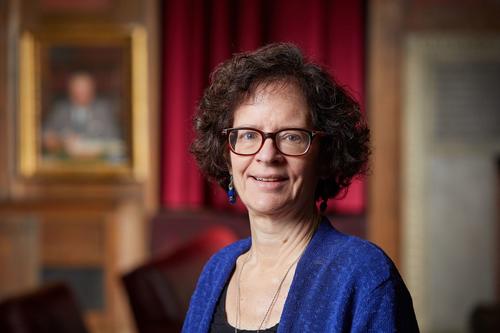
A romance with the concept of community has long characterized activist healthcare movements and has more recently been taken up by academic medical centers (AMCs) as a sign of virtuous civic engagement. During the late 1960s, the word community, as deployed by administrators at prestigious AMCs, became increasingly politicized, commodified and racialized. Here, we analyze how the concept of community was initially framed in the 1963 Community Mental Health Centers Act, the first legislation to establish community mental health centers in America. We then examine the Health Policy Advisory Center’s analysis of the proposed Washington Heights Community Mental Health Center to be run by Columbia University’s College of Physicians and Surgeons, an institution that had historically neglected residents’ health needs. Community pushback against Columbia’s plan to build a multi-block center, amplified by medical students and residents critical of the professionalized community mental health movement, escalated in the late 1960s, leading the city’s planning board to reject Columbia and approve a community council’s plan for preventive and rehabilitative local services. These conflicting overtones of “community” still inform understandings of the word in medicine today; thus, a critical historical analysis of “community” is warranted.
To read the full article click here.